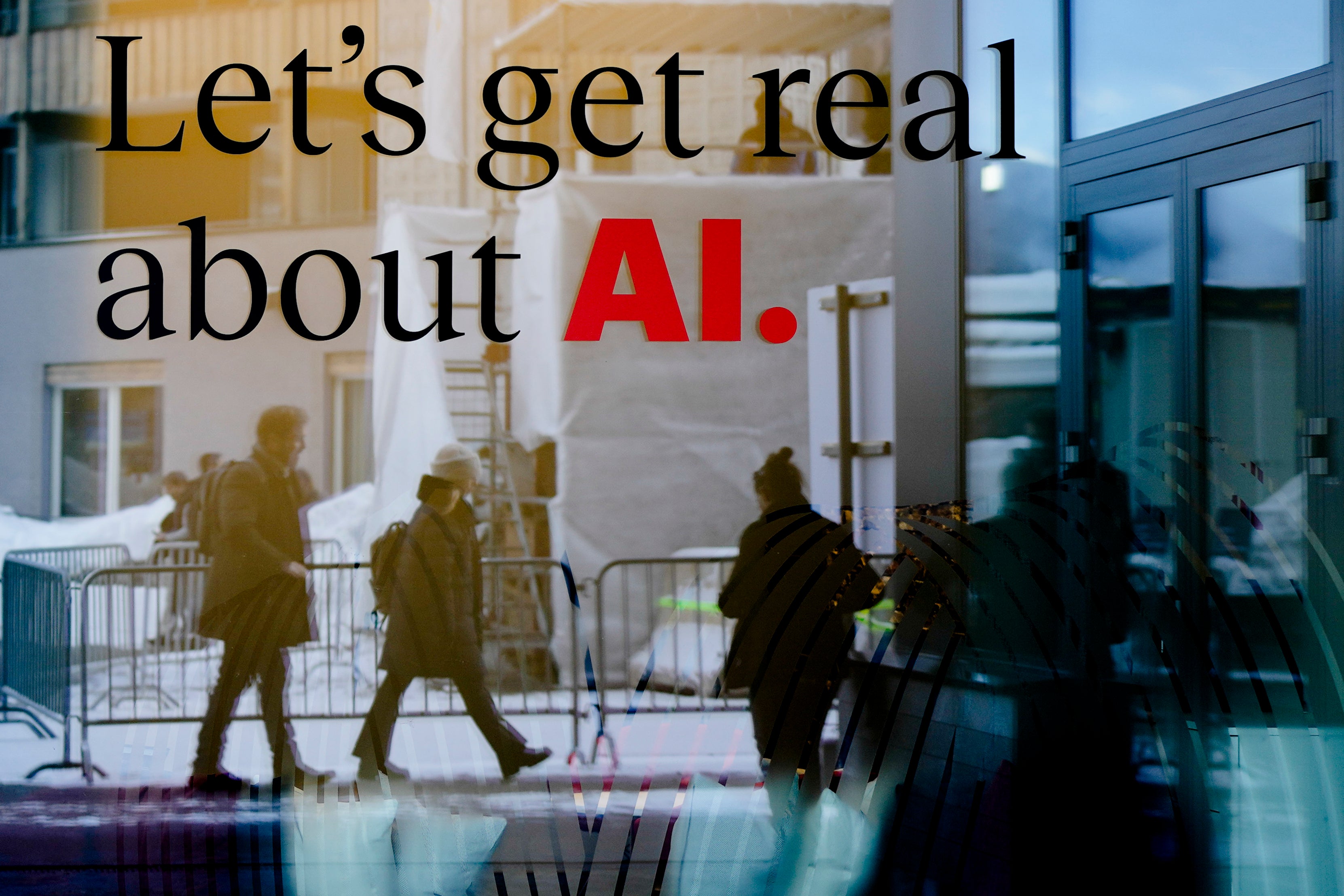AI could help spread false and misleading information on Holocaust, UNESCO report warns
Artificial intelligence could be misused to spread misleading or false claims about the Holocaust

A United Nations agency is warning that developments in artificial intelligence could spawn a new surge in Holocaust denial.
A report published Tuesday by UNESCO concludes that AI could result in false and misleading claims about the Holocaust spreading online, either because of flaws in the programs or because hate groups and Holocaust deniers will intentionally use AI programs to generate content that falsely calls into question the murder of Jews and other groups by the Nazis.
One of the biggest concerns is that AI could be used to create so-called deepfakes of the Holocaust — realistic images or videos that could be used to suggest the Holocaust didn't happen or was exaggerated. That could lead to greater antisemitism and a lack of understanding of a key moment in 20th-century history. The report noted that some AI-assisted programs allow users to interact with simulated historical figures, including prominent Nazis like Adolf Hitler.
“If we allow the horrific facts of the Holocaust to be diluted, distorted or falsified through the irresponsible use of AI, we risk the explosive spread of antisemitism and the gradual diminution of our understanding about the causes and consequences of these atrocities," Audrey Azoulay said in a statement accompanying the report.
Widespread use of AI for assistance in education, research and writing are increasing the likelihood that unreliable data and artificial intelligence “hallucinations” could increase public misunderstandings about the Holocaust, even inadvertent ones. AI programs whose understanding of the world is based on relatively narrow sources can also return incomplete or misleading responses when asked about the Holocaust.
UNESCO's report called on tech companies to establish ethical rules for the development and use of AI, to reduce the chances of unreliable information and to prevent bad actors from harnessing their programs in order to encourage violence and to spread lies about the Holocaust.
The report was published in partnership with the World Jewish Congress.
Bookmark popover
Removed from bookmarks